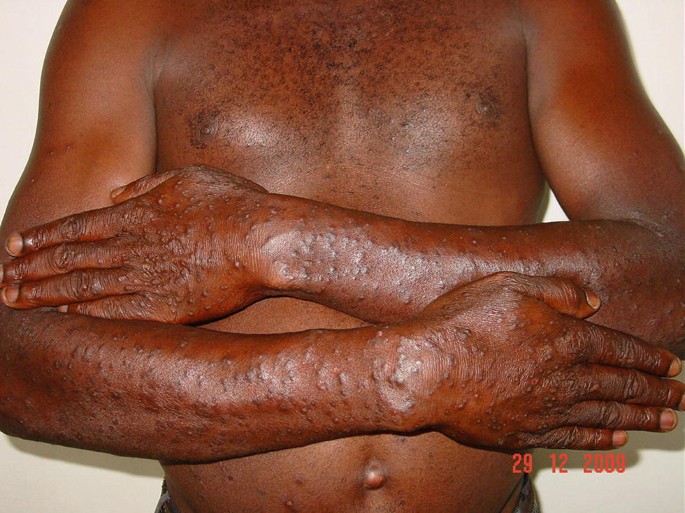For individuals living with HIV, maintaining a strong immune system is essential to managing the virus and preventing opportunistic infections. While antiretroviral therapy is the cornerstone of treatment, nutrition plays a vital supporting role. Certain foods should be consumed regularly to help strengthen immunity.
Probiotic-rich foods support gut health, which is closely linked to immune function. Options include yogurt with live cultures, kefir, kimchi, sauerkraut, and miso. A healthy gut microbiome can improve nutrient absorption and reduce inflammation.
Cruciferous vegetables such as broccoli, cabbage, and cauliflower are packed with antioxidants, fiber, and vitamins like C and K. They help detoxify the body and support immune cell activity.
Fresh fruits like citrus, berries, apples, and bananas are rich in vitamins and antioxidants that help protect cells from damage and support immune responses.
Lean proteins including chicken, fish, eggs, beans, and tofu provide amino acids necessary for building immune cells and repairing tissues.
Whole grains such as brown rice, oats, and quinoa offer fiber and B vitamins that support energy levels and gut health.
Healthy fats from avocados, nuts, seeds, and olive oil contain omega-3 fatty acids and vitamin E, which help regulate inflammation and support cell membranes.
Green tea contains polyphenols and catechins that may enhance immune function and reduce viral replication.
Garlic and ginger are known for their antimicrobial and anti-inflammatory properties and can help the body fight infections more effectively.
In addition to eating well, people with HIV should practice food safety diligently—avoiding raw or undercooked meats, unpasteurized dairy, and ensuring proper hygiene during food preparation—to reduce the risk of foodborne illnesses.
